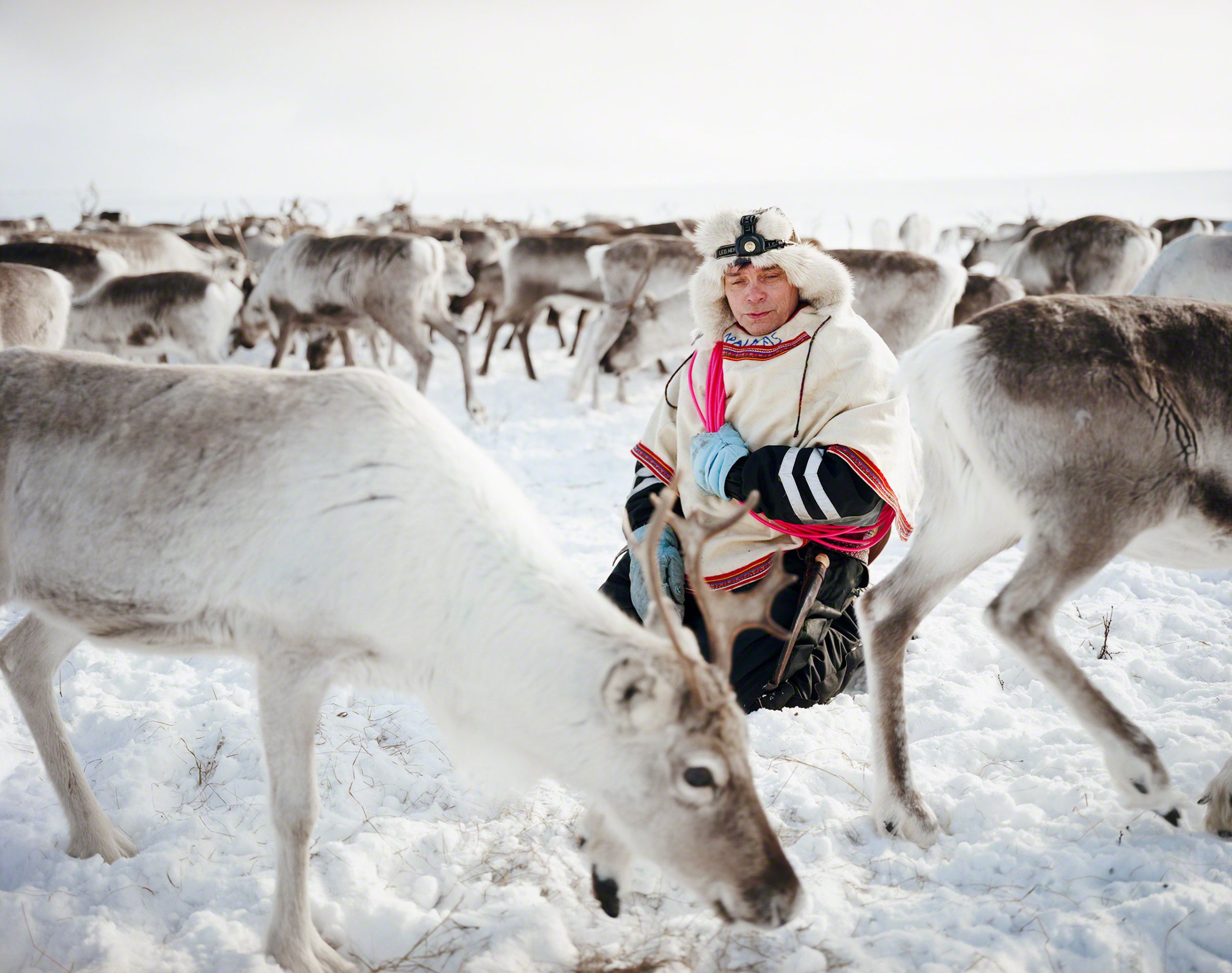
When Photo District News, a trade photography magazine, released its “30 New and Emerging Photographers” list 16 years ago, the photo industry was going through transformative changes. “The old apprenticeship system, by which photographers generally worked as an assistant to a more experienced photographer and worked with them full-time to see how they ran their businesses, [was] going away,” says Holly Hughes, editor of PDN.
While lists of emerging talents have sprouted up over the years, the PDN’s 30 annual feature holds a unique place in the American photographic market. It’s considered by many the go-to outlet to discover up-and-coming photographers, determined on the basis of creativity, versatility and distinctive vision. The idea is to help other young photographers learn how “to embark on a successful business as a photographer,” Hughes says.
“It was never a plan to be kingmakers or talent scouts,” Hughes says. Yet, for many photographers, the recognition has marked a career turning point.
“It was March 2009 that I was selected in the PDN’s 30, and this preceded a really great year for me,” says photographer Adam Ferguson, who’s shot for a variety of publications including TIME, the New York Times and Wired. “It was definitely a year where people started noticing my work and offering to collaborate.”
Originally from Australia, Ferguson had worked in India and Afghanistan, shooting on small assignments before being nominated for PDN’s list. “It’s an accolade given to photographers on the cusp of finding themselves photographically,” he tells TIME.
For others, the recognition is less a career launching pad than a source of encouragement and support for fledgling talents.
“Often you produce work on your own initiative, and it’s a very solitary profession in many ways, so when people in the industry take notice of the work you are doing, it means a lot,” says photographer Malin Fezehai, a 2015 recipient who was also awarded the $10,000 Wallis Annenberg Prize to continue her work on African asylum seekers in Israel.
Diana Markosian, a nominee in 2014, says: “It was a subtle change but had a real impact on me. It’s something from within. I think as a photographer, I spend most of my time alone, and don’t have much feedback from anyone. Being selected among PDN 30 was a sort of encouragement to continue focusing on my personal work.”
After years of restricting nominees’ age to below 30, PDN recast its measure of “emerging” by the number of years they have worked in the industry, which opened the door to a wider pool of candidates.
“An increasing number of us are coming to [photography] as a second or third career, and it’s hard enough to be getting into hard-core documentary photography as a profession when you’re not bright-eyed and brushy tailed in your early 20s or mid 20s,” says Singaporean photographer and VII photo agency member Sim Chi Yin, who had worked as a reporter for nine years before converting to photography.
“These things don’t necessarily resonate so much in Asia, but I think with photo editors and people in the industry in the west, where the center of photography world still is, it helps you be noticed,” she adds.
And now for the first time, the work of these photographers and around 90 others recognized over the past seven years are brought together in Emerging, an exhibition opening at the Annenberg Space for Photography in Los Angeles on June 6. The show, organized by the shared threads throughout the artists’ images, such as youth culture, identity, conflict and civil unrest, aims to reflect the conversations that have been unfolding in the ever-changing world of photography.
Ye Ming is a writer and contributor to TIME LightBox. Follow her on Twitter and Instagram.

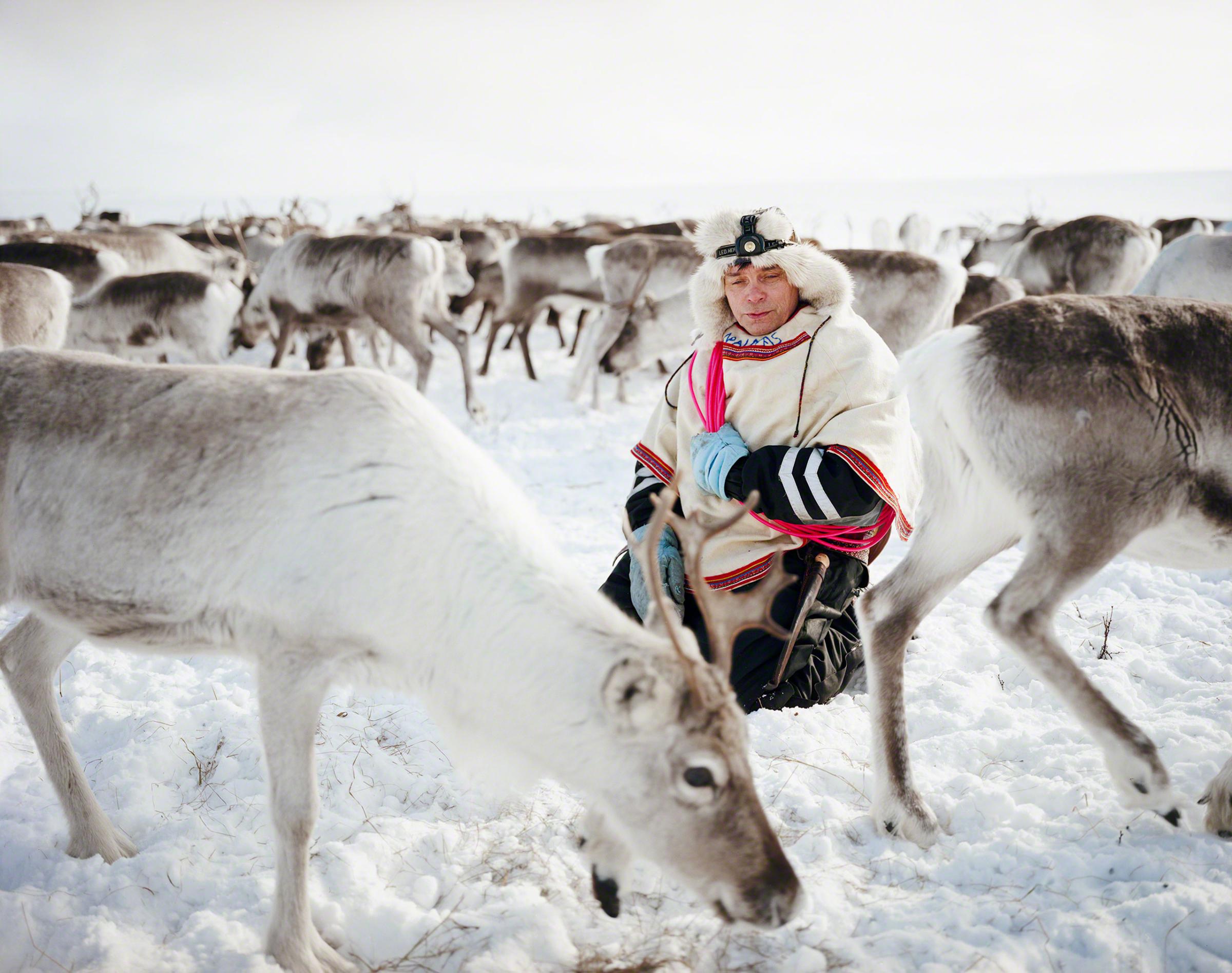
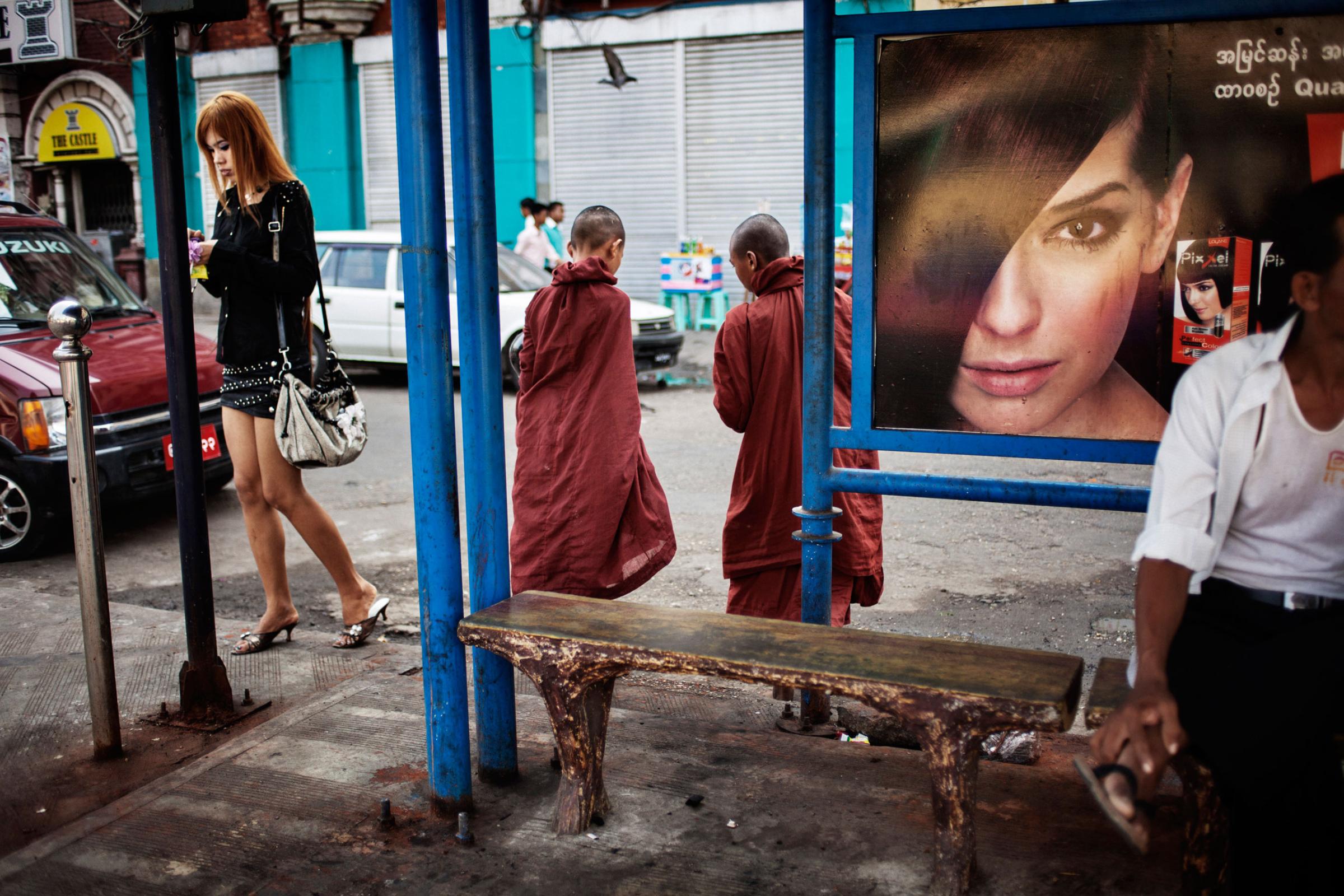

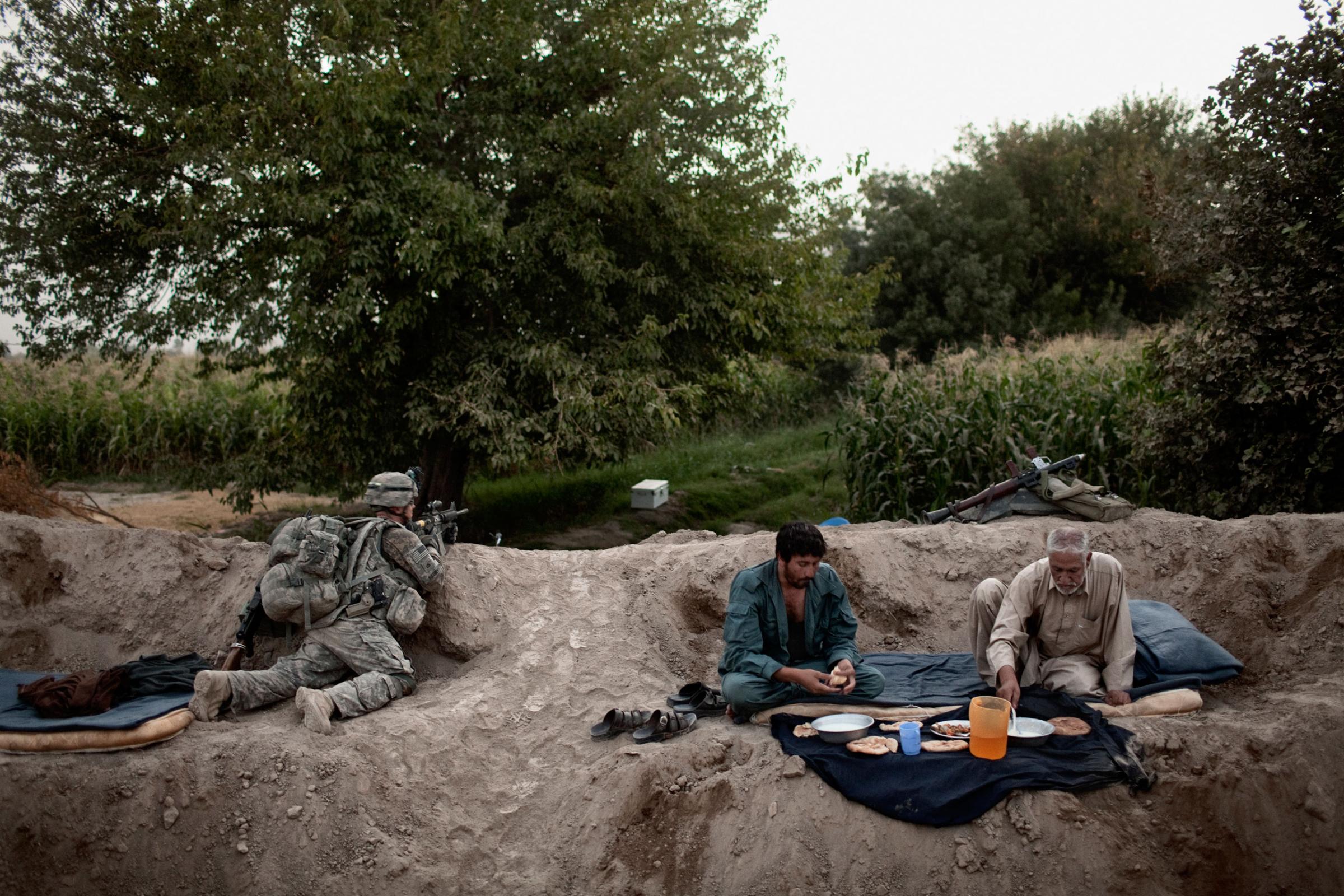

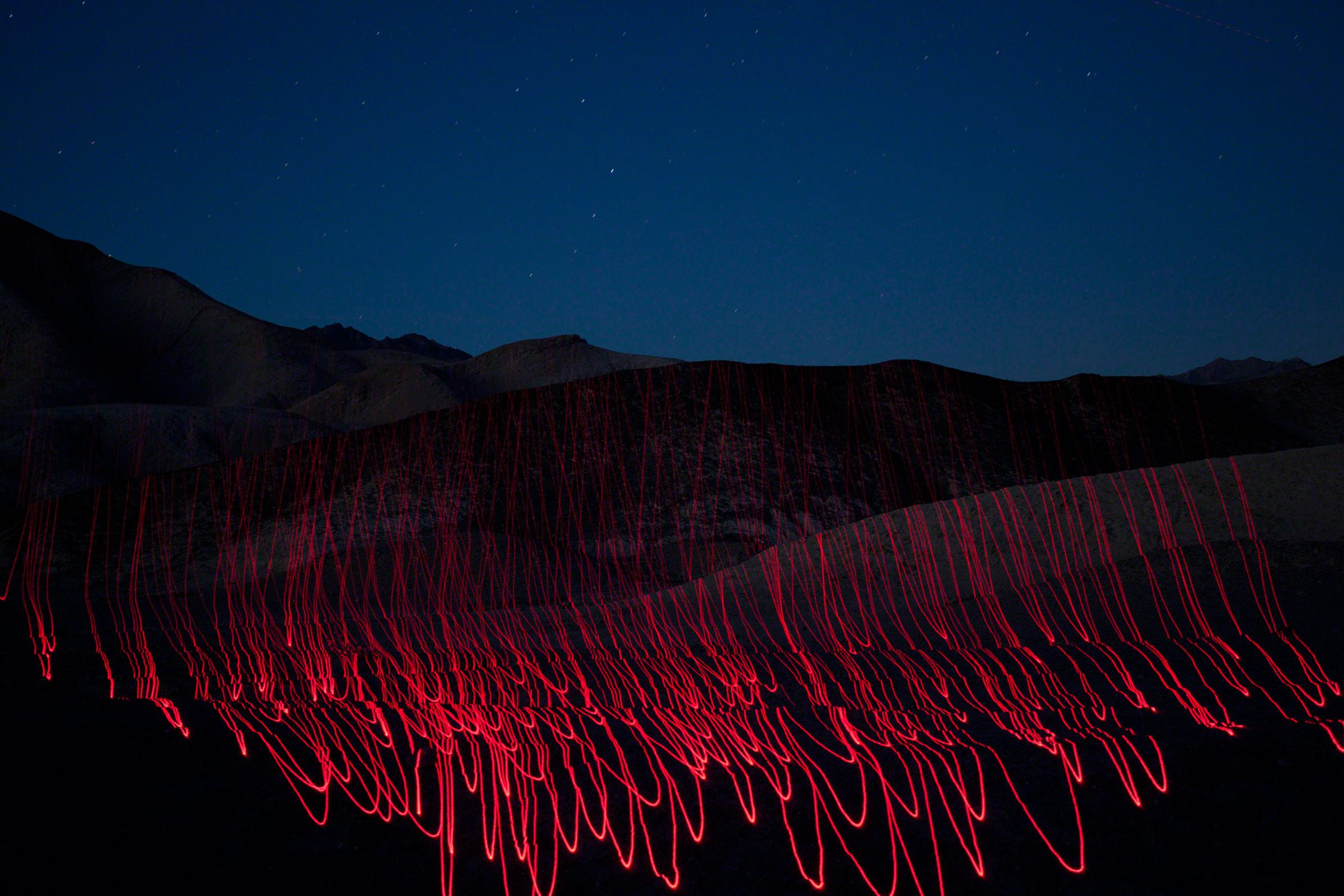

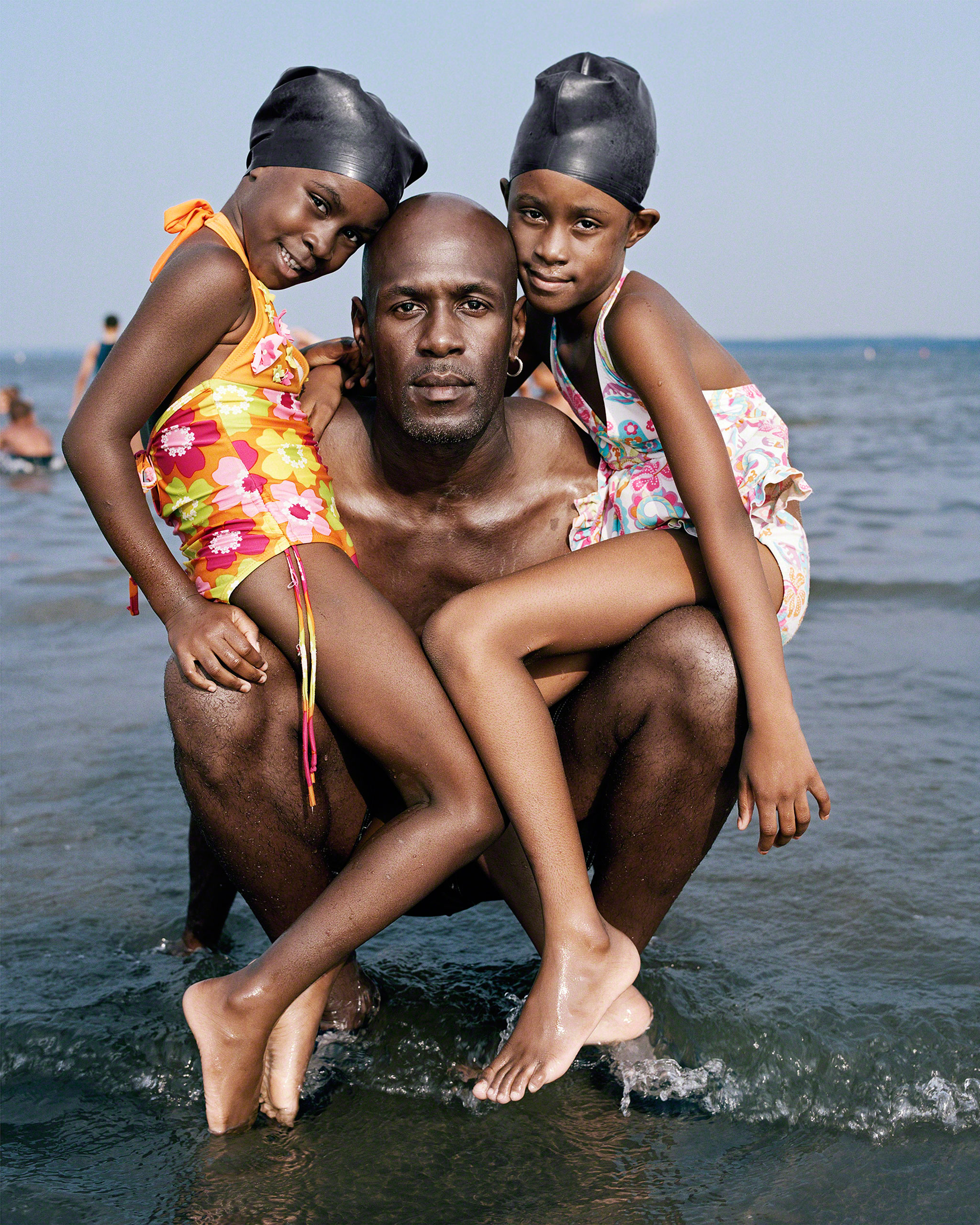




More Must-Reads from TIME
- Cybersecurity Experts Are Sounding the Alarm on DOGE
- Meet the 2025 Women of the Year
- The Harsh Truth About Disability Inclusion
- Why Do More Young Adults Have Cancer?
- Colman Domingo Leads With Radical Love
- How to Get Better at Doing Things Alone
- Michelle Zauner Stares Down the Darkness
Contact us at letters@time.com